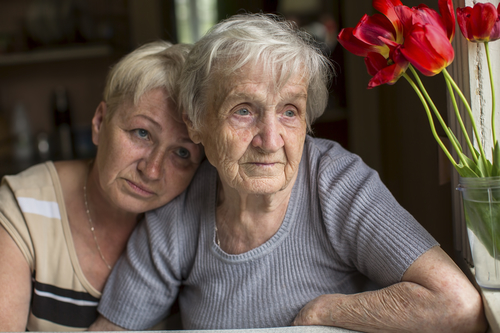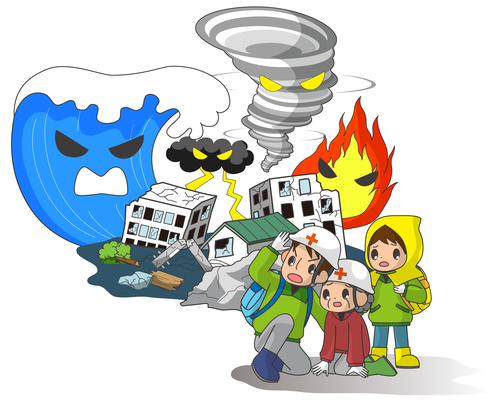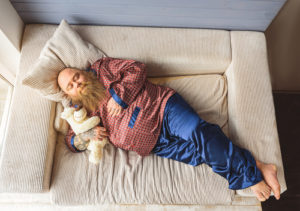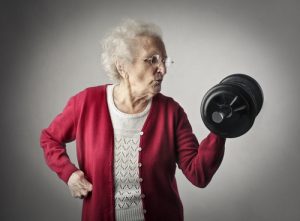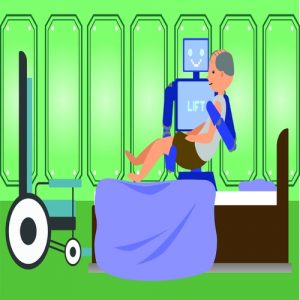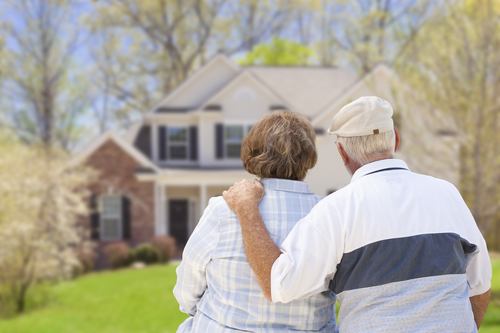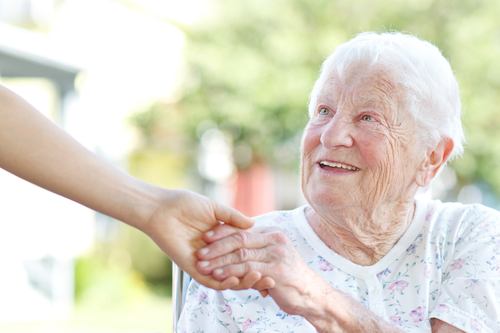
We’ve all said things that we wish we hadn’t, it’s part of being human. Though slipping up around aging parents can be especially painful for both of you. Aging parents tend to repeat themselves, they forget things, they ask a lot of questions, and other types of small things can frustrate you. Things tend to slip out sometimes. Things we wished we didn’t say. Here are 8 things you should never say to your parents.
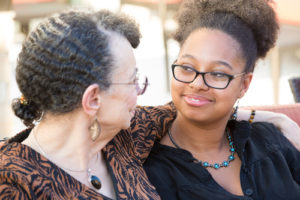
8 Things You Should Never Say to Your Parents
You know it’s bad to say mean things to your parents, but it’s a human mistake. Though people who are aging and have physical or mental limitations can be more sensitive than you think. Your frustration is a reminder that they aren’t as young as they used to be.
Here are 8 things you really shouldn’t say.
1. How Can You Not Remember That?
As frustrating as it can be to repeat yourself, try your best to not say this phrase. A person’s short-term memory goes before their long-term, so everyday things disappear easier than you think. Things like where you put your glass or keys will leave your head before you know it.
You can instead leave Post-It notes around with gentle reminders. You can explain the situation again in a different way that way you don’t feel like you are repeating yourself as much.
2. You Could Do That If You Really Tried.
Everyday tasks get a lot harder as you get older. The simple act of changing a light bulb becomes a lot harder because your legs may shake. Tying shoes can be downright painful if you have arthritis.
Don’t shame your parent for needing help. Instead see how you can help them. Maybe you can assist them with their shoes or encourage them to ask for help that way they feel in control.
3. I Just Showed You How to Use (Blank) Yesterday.
Learning technology is tough for any adult, especially if you never grew up around it. Things that have a lot of buttons and options have a unique challenge for people whose eyesight is failing.
Instead just show them again and explain everything as simply as you can. Some cable providers even offer older American friendly remote controls that have a simpler design. You can even type out directions that will be easy to follow.
4. What Does That Have to Do With What We’re Talking About?
Conversations can easily change directions with someone older. You can be talking about one thing and then your parent can be talking about a totally different subject. This can be because they can’t keep their mind on the thread or they are bored and want to change the subject.
If the conversation is important to you, try to bring the conversation back to the original without being sharp with them.
5. You Already Told Me That.
Let’s be honest, we all repeat ourselves. It only seems annoying when our parents do it because it seems like they do it all the time.
Instead, try to make a joke out of it like, “No kidding? And don’t tell me that the next thing you did was…” This way your parent doesn’t feel bad and can have a laugh too.
6. I Want Your (Blank) When You Die.
This is bad on every level. You make yourself seem like a vulture and make your parents feel like you can’t wait for them to pass, just so you can get their stuff.
Instead, ask them what they want to give to people and help them create a list.
7. Wake Up! I Thought You Wanted to See This.
Any sort of darken area can encourage your parents to take a quick nap. This is fine as long as it doesn’t bother those around them. There’s no need to remind them that what they are doing is strange.
Older people need more sleep to keep up their energy.
8. You Got the Name Wrong, It’s (Blank).
How many times have you mixed up names before? While this can be a sign of cognitive impairment, it’s also just a normal problem with word recall. If this happens often, this could mean you need to see a doctor.
If you have remind them of the right name, keep your tone in mind.
Read more here.


